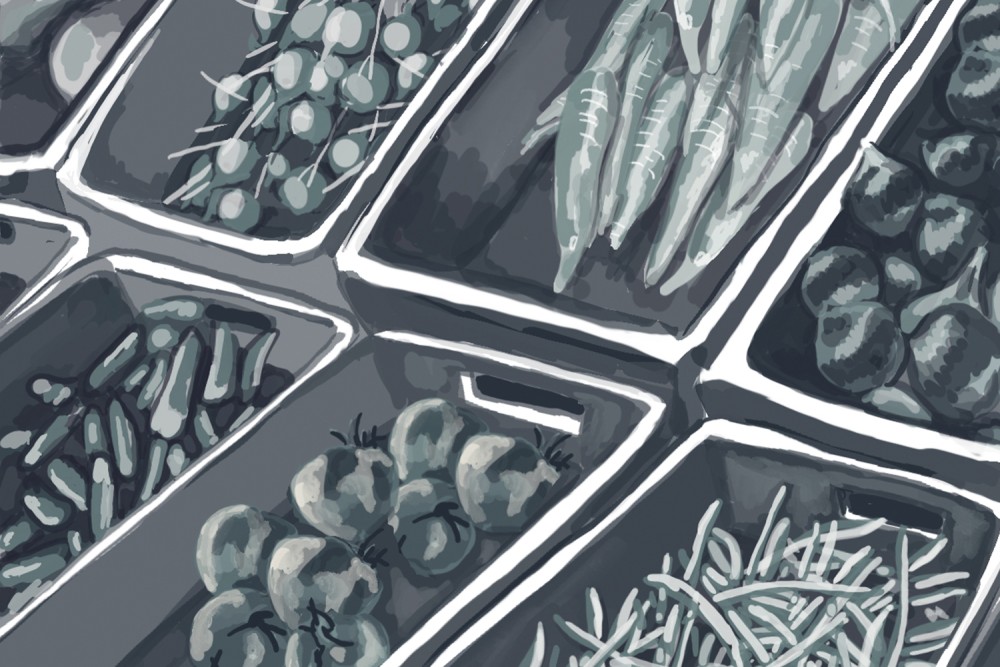Organizing is about people’s agency
Unlike social services and advocacy, which are all about being helpers

(Illustration by Martha Park)
My granddaughter Ruby just turned two. After practicing for a few days, she blew out the two candles on her Moana cake all by herself. Her big sister stood by, eager to help, but Ruby wanted none of that. We went out to a diner the other day, and Ruby insisted on using the available fork, an adult-sized one. Manipulating it was quite challenging for her tiny hands. When she had trouble stabbing a piece of potato or cantaloupe and my husband moved in to assist, she would loudly say, “No, Papa!” She picked the food up with her fingers, placed it on the fork, and carefully guided it to her mouth.
Continuing to help Ruby with these things would not be helping her at all. We recognize that her healthy development and sense of agency—in a world all too eager to strip it away from a child of color with two moms—depend on her feeling empowered to do more and more things for herself.
Ruby also has the awareness and confidence to ask for help when she needs it. She works on a puzzle by herself, but when one piece just won’t fit in after many tries she looks up and says simply, “help,” and we do. What’s important is that she is the one who determines when she wants our help.





